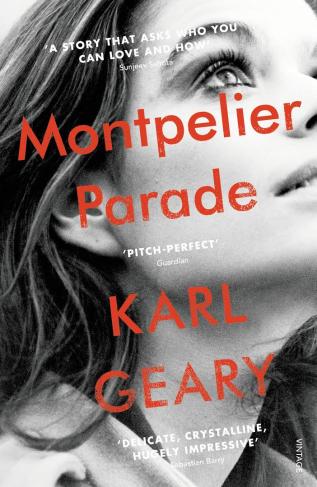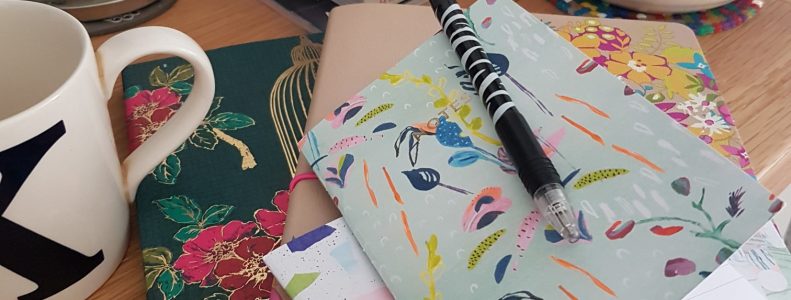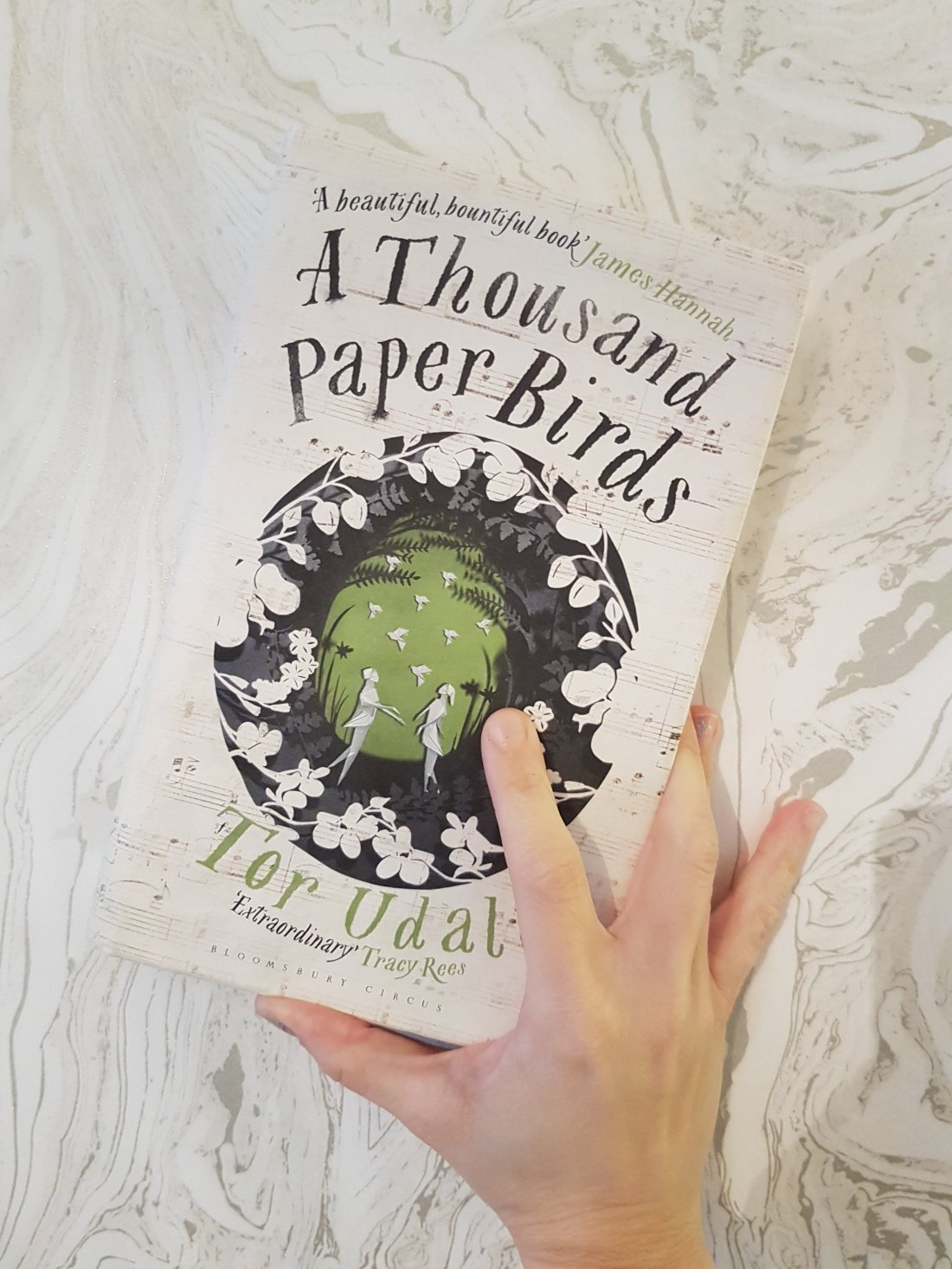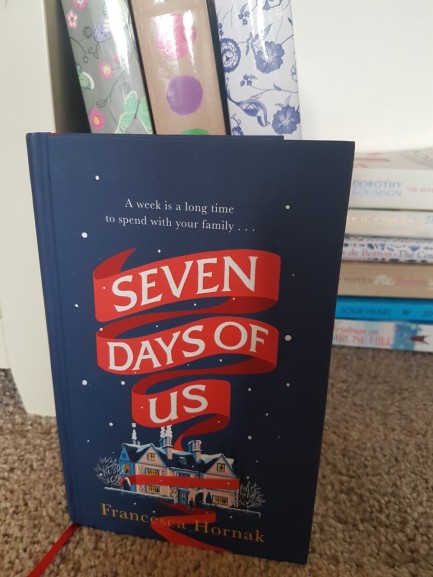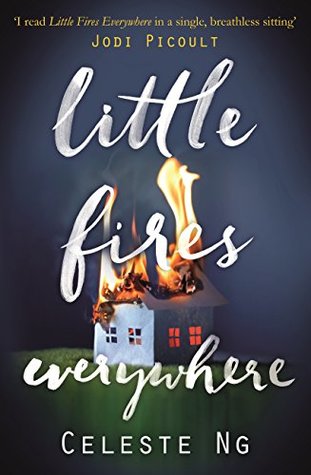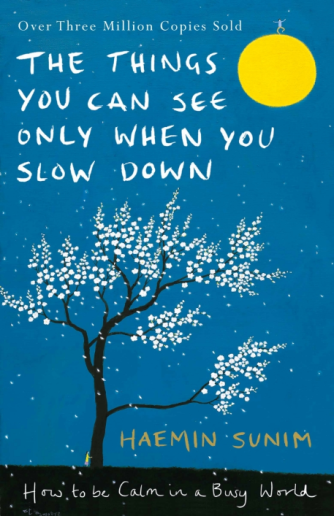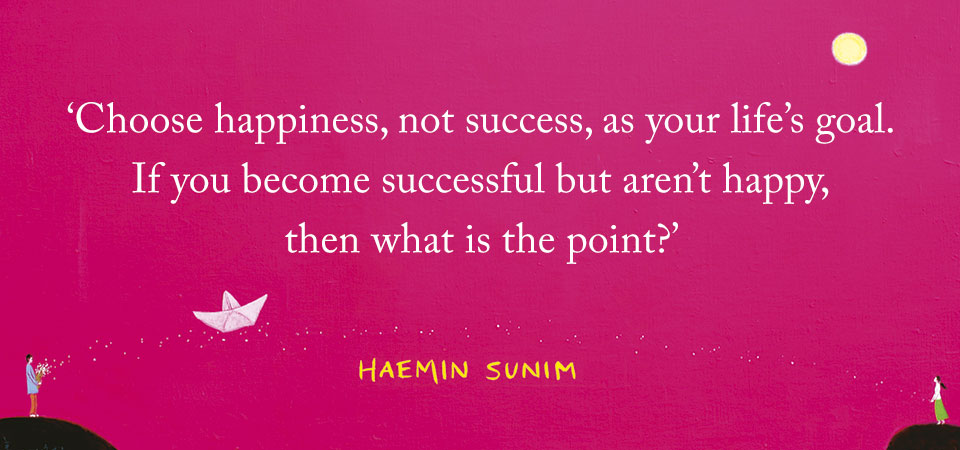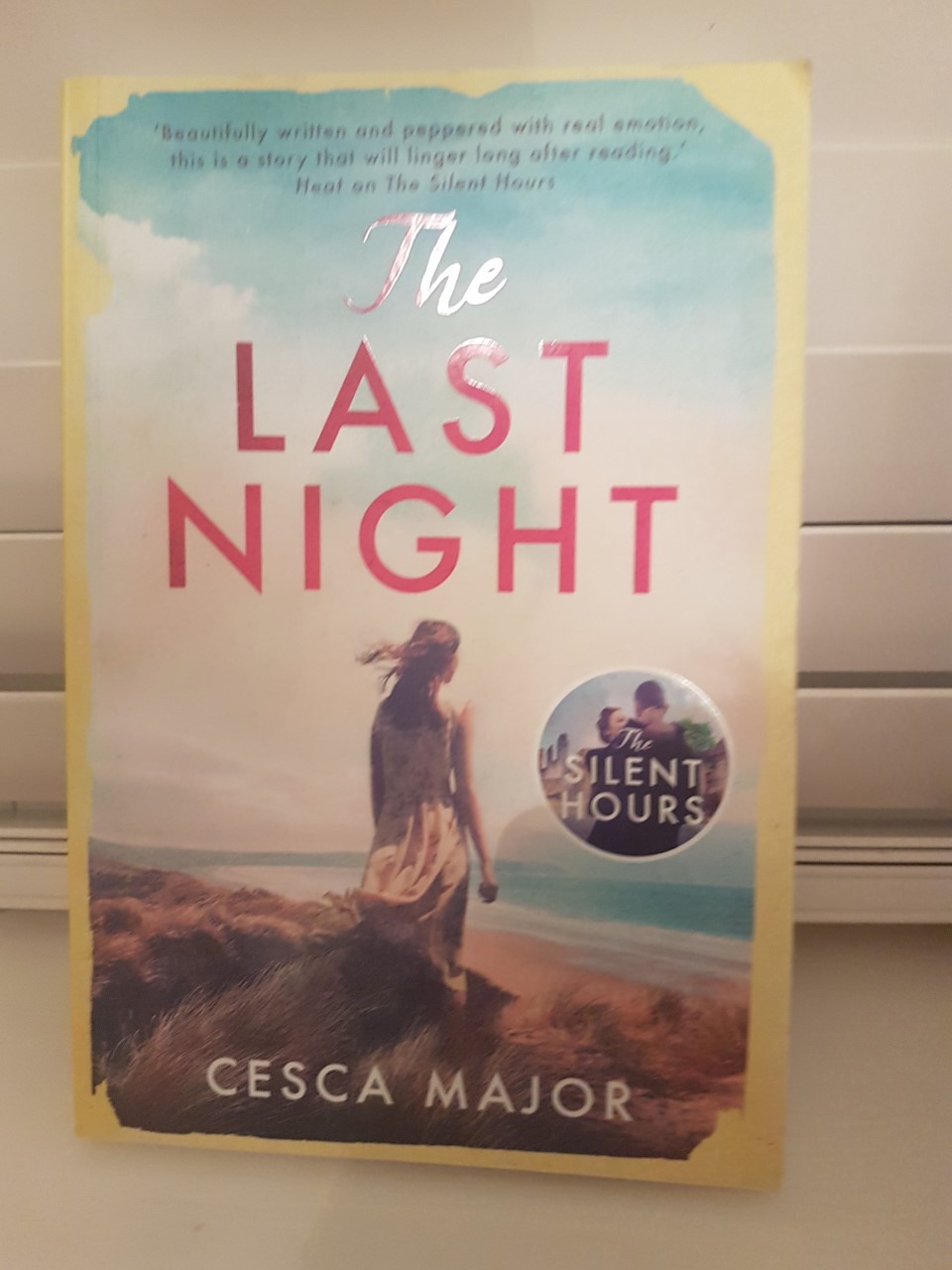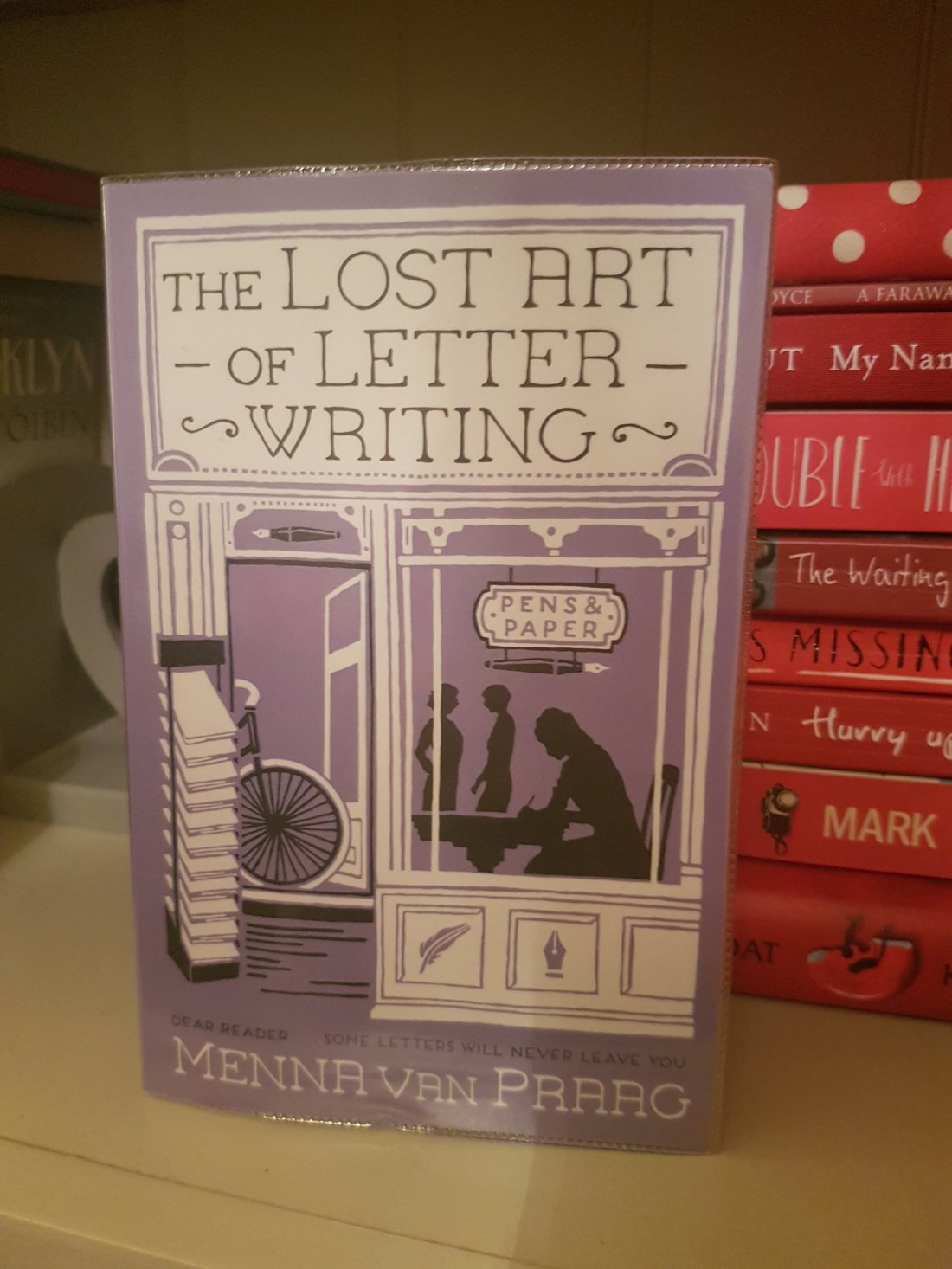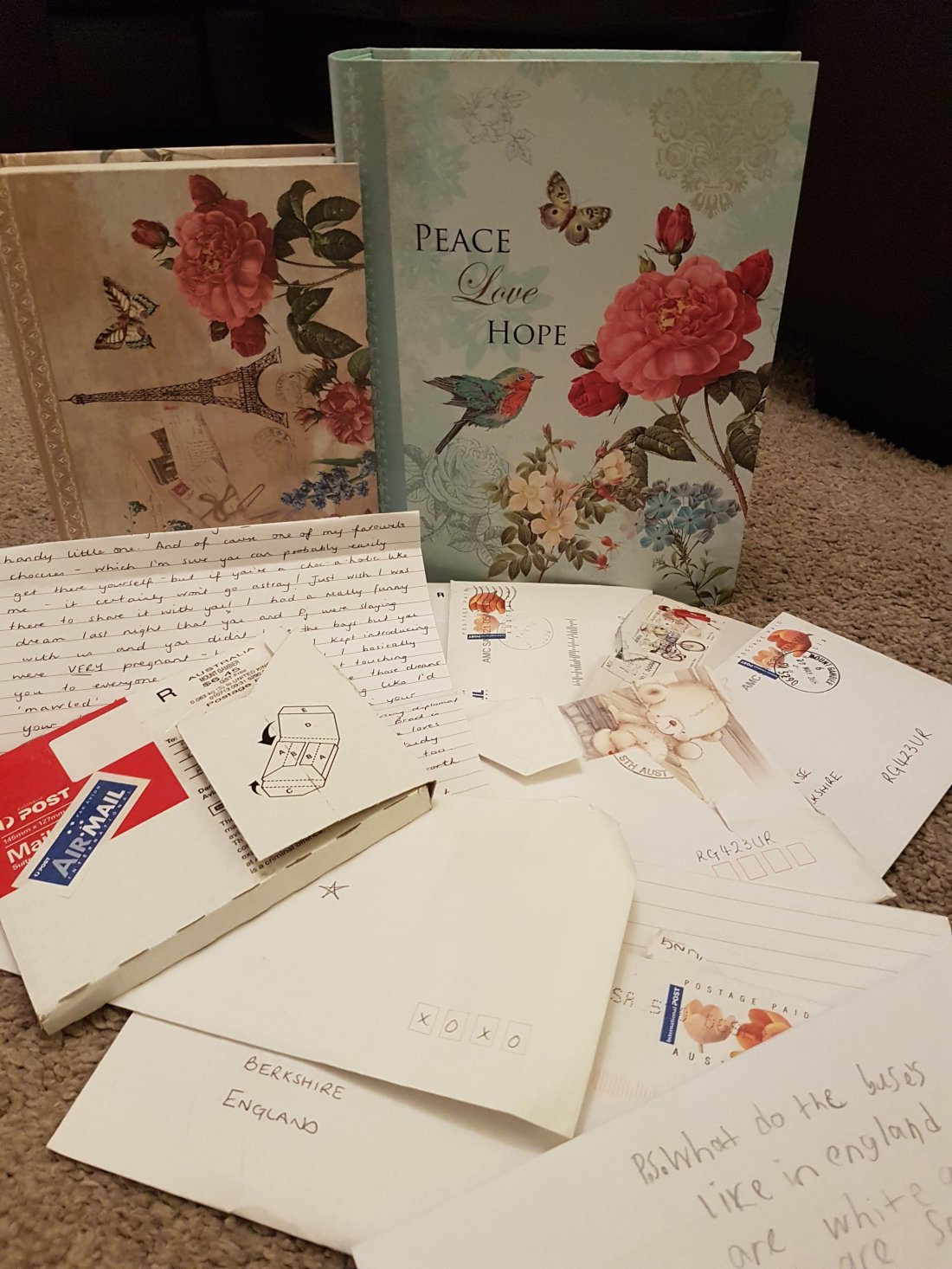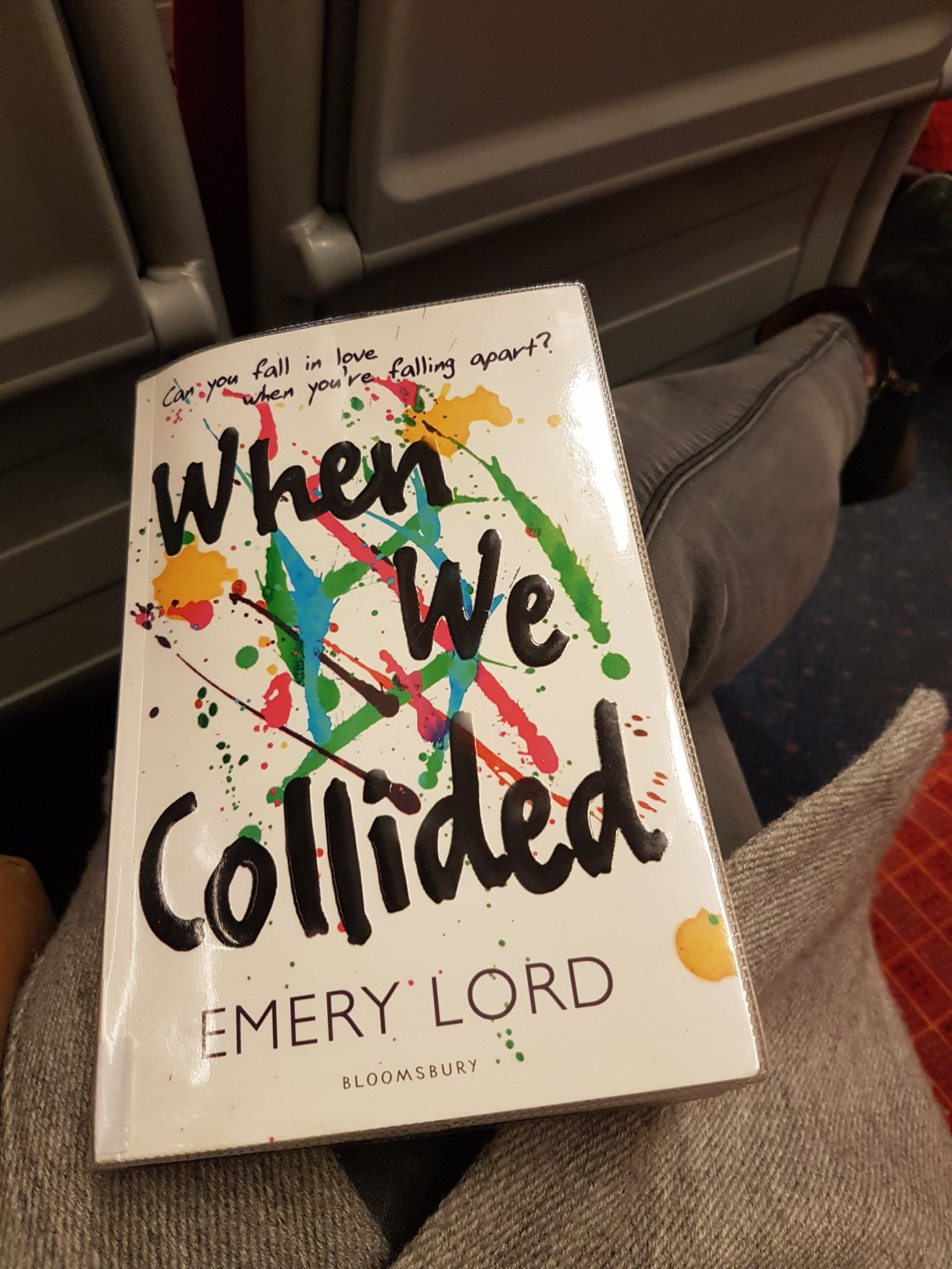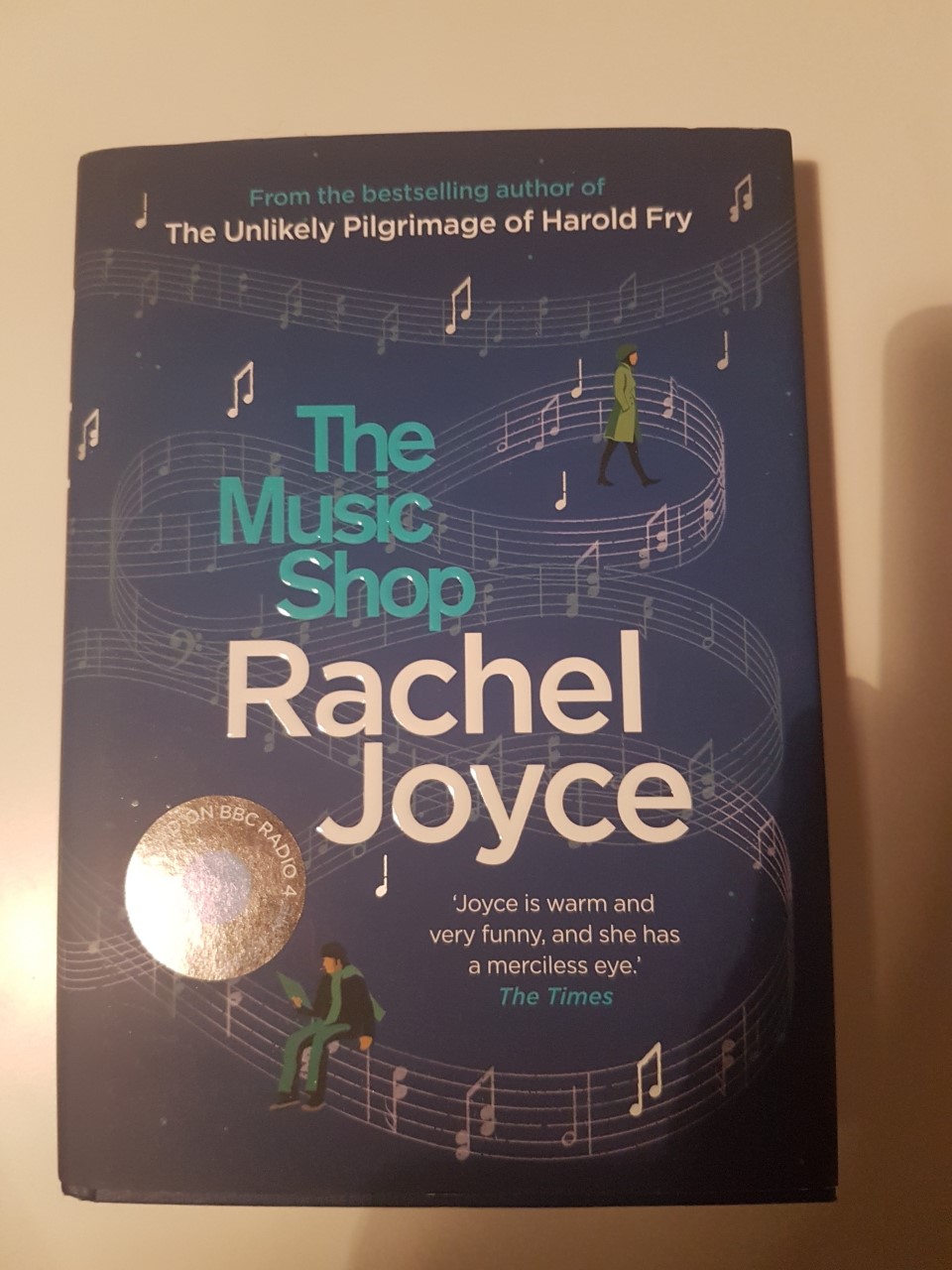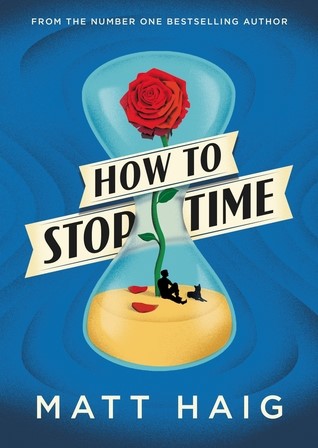
You may have heard of Matt Haig before. His book, Reasons to Stay Alive, is a personal account of his experience of depression, and is a fantastic source of help and inspiration for anyone suffering from it. Even if you don’t suffer from depression, you will still find Reasons to Stay Alive an amazing, uplifting, and inspirational book, and I’m sure it has saved many lives. In a recent interview with the Guardian, Matt said:
“I think books can save us. And I think they sort of saved me.”
I couldn’t agree more. Reading is the perfect escapism, and they can teach us things about ourselves that we never realised. His latest offering (a novel), How to Stop Time, is many things. It is funny, light, and hopeful, but also bitterly sad and romantic, and it portrays an important message about time and meaning, and poses the questions; What is it we live for? What is life without love?
This novel is about Tom Hazard, who has a rare and undocumented condition. He ages slowly, about 1/15th the rate of normal people (who are referred to as mayflies in the book). Tom was born in 1581, which makes him 439 years old, but he doesn’t look much older than forty. I know – (I can hear you groaning inwardly), it sounds like a ridiculously far-fetched storyline. A fantasy perhaps, and this sort of thing turns me off immediately. I will be honest, I only picked it up because it was a chosen book club read. (But please do give this book a go, because the premise is interesting, and you will not be disappointed, no matter what your usual preferred genre is).
Tom is a member of the Albatross society, a secret support group for people with his condition. The society is run by a man called Hendrich, who supports members of the Albatross society by providing them with a new identity every seven years, a safe location to live, and a decent job. All he asks is that members abide by two rules:
- Members should not fall in love
- Members are not allowed to leave the society
And in return, Hendrich asks that members repay him for his services by owing him a favour.
The thing is, Tom Hazard has been in love – a very long time ago in the Tudor times, to a lady called Rose. They had a daughter, and unfortunately his little family were hounded by Witch hunters (Tom witnessed his own mother die from the cruelty of the Witch hunters), which gave him no choice but to leave his wife and daughter to ensure their safety. When Tom went in search of Rose in the 1600’s, he found her dying from the Plague. Tom later learned that his daughter had inherited his condition, only she had disappeared from his life, and it is Tom’s quest to one day find her.
In the present day, Tom’s new life is back in London, and he has acquired a job in a secondary school as a History teacher, an occupation that seems perfect for Tom as he has lived through four centuries: Elizabethan, Victorian and modern England, Jazz age Paris and Los Angeles. He has met Shakespeare, F. Scott Fitzgerald and Captain Cook. There is no-one better qualified to teach History.
When Tom is not working, he is looking for his daughter, whom he hopes is still be alive in the world somewhere and his only connection to Rose, the love of his life.
At the school where he works, Tom meets a French teacher, who claims to recognize his face, and a mystery unravels. Tom is drawn to this beautiful French lady, and finds himself falling for her, but knows that it would be too risky and dangerous to make the same mistake twice.
This book was so unlike anything I have ever read, and yet I loved it. I enjoyed the historic element, and I thought the story had a bit of everything thrown in; mystery, romance, adventure. It is a book that made me stop and think, a life-affirming story which has earned a permanent place on my bookshelf.
Try it, I think you’ll love it too.
